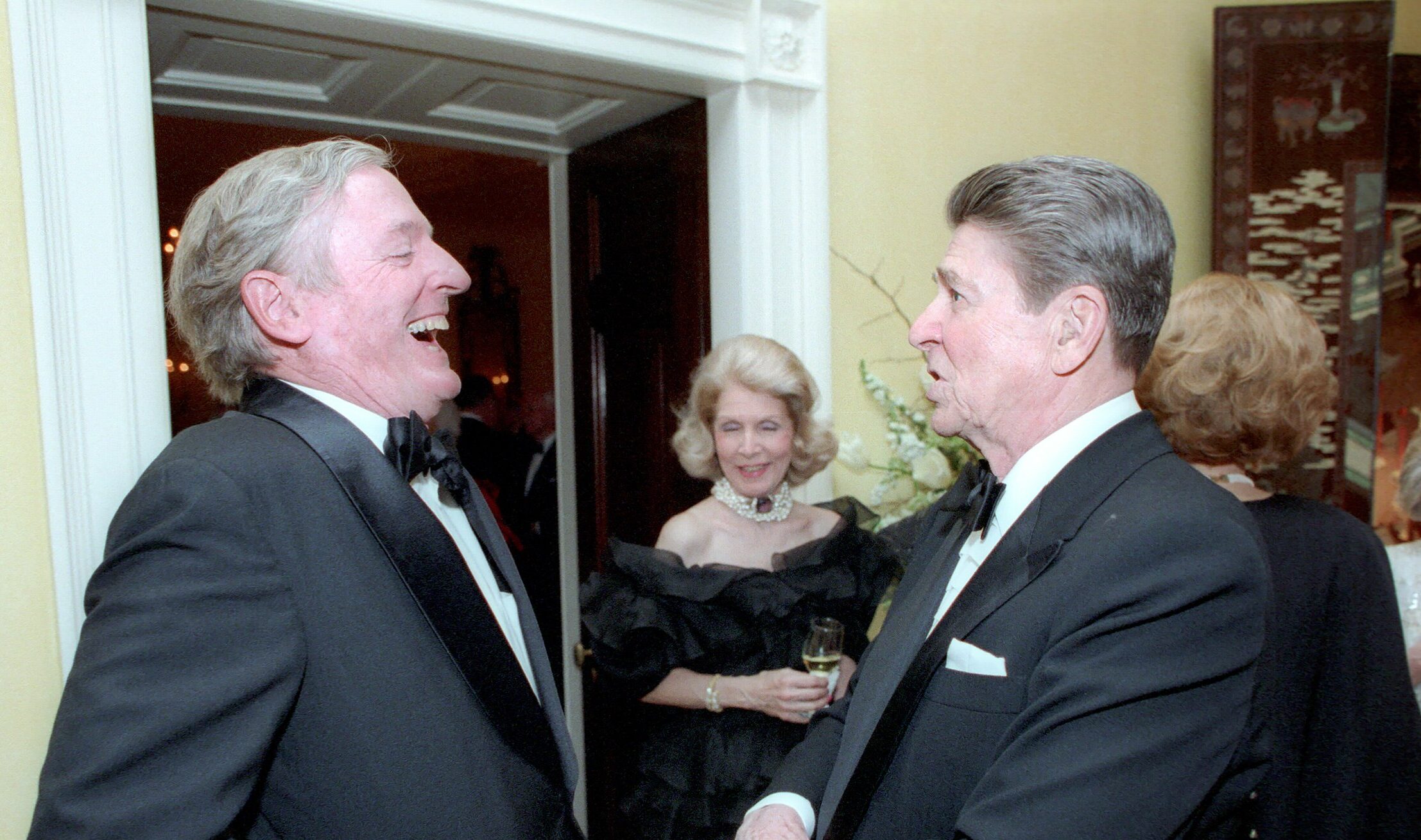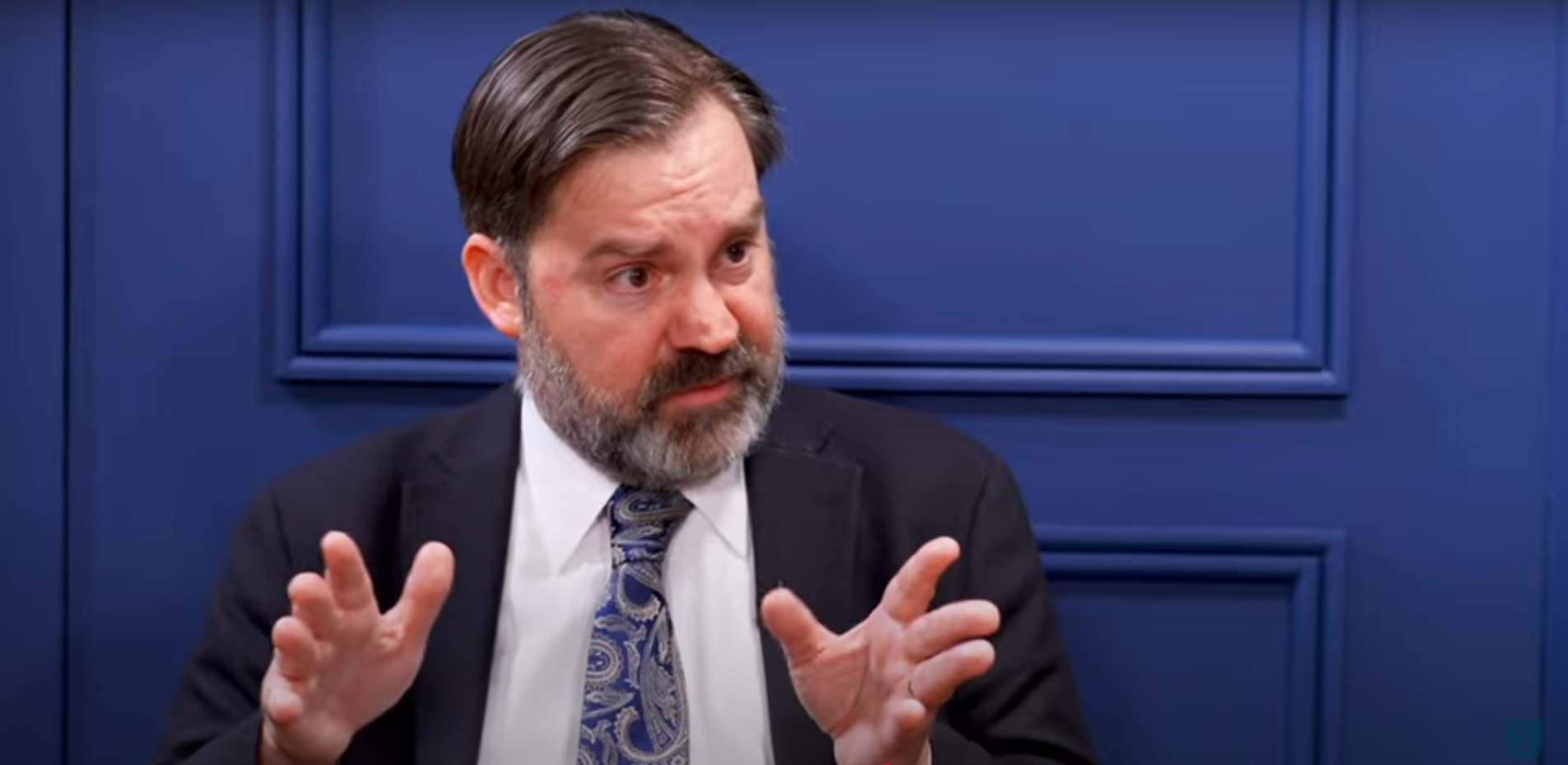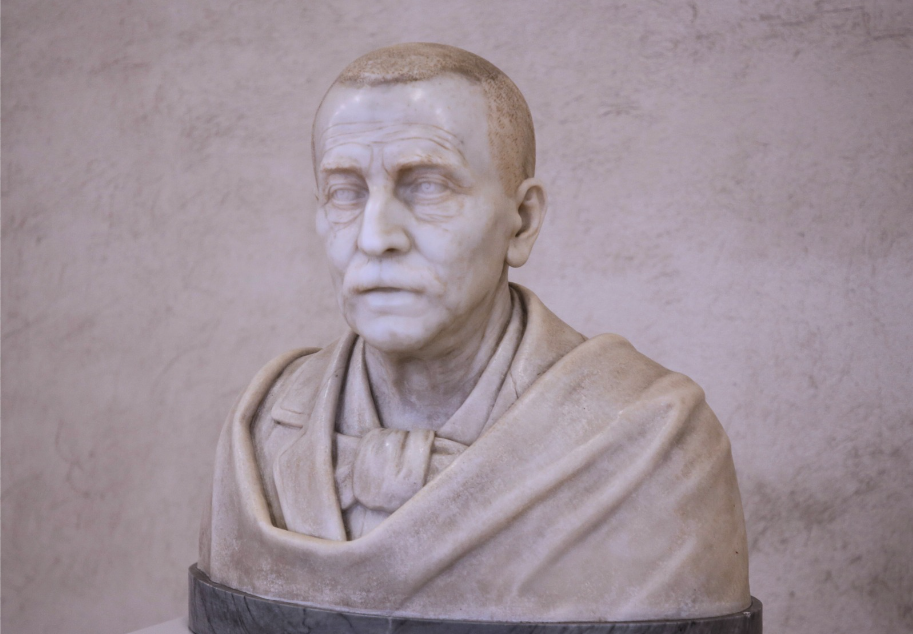How would you describe the life and times of William F. Buckley Jr.? Well, you should include basic facts such as the following:
He was the single host of the weekly PBS program Firing Line for more than thirty years and 1,504 programs, happily jousting with and besting the liberal likes of Norman Mailer, Arthur Schlesinger Jr., Norman Thomas, William Sloane Coffin Jr., and Jesse Jackson.
He was the founder and hands-on editor of National Review, the most influential conservative journal in America from its founding in 1955.
He was the author of some fifty-five works of nonfiction and fiction, including best-selling novels featuring the ever-resourceful CIA agent Blackford Oakes.
He wrote more than six thousand newspaper columns starting in 1962 and continuing until 2008, when he died at his computer, writing a column. Its topic: the obligation, especially if you are in public life, to use the right words.
He ran for mayor of New York City, the most liberal city in America, shocking the pundits when he received 13.4 percent of the popular vote. He campaigned on a staunchly conservative platform that included an increase in the police force, lower taxes, workfare, disavowal of those who “encouraged racism, lawlessness and despair” among blacks, decentralization of city schools, and a reduction of the urban renewal and city planning that “dehumanized” the city. In his landmark study The Emerging Republican Majority, Kevin Phillips cited Buckley’s vote as a “harbinger” of the “silent majority” that elected Richard Nixon president in 1968 and helped Ronald Reagan win by landslides in 1980 and 1980.
Unwilling to say “no” to any conservative under thirty, he spoke at a yearly average of fifty campuses, attracting standing-room-only audiences from coast to coast. “Buckley performed like Braveheart,” recalled one undergraduate, “lopping off the heads of one faculty lord and knight after another.”
He was a master fusionist, unifying the various factions of the conservative movement as no other conservative did for five decades.
In between, Buckley skied in Switzerland, sailed from Newport to Bermuda and then across the Atlantic and Pacific oceans, gave recitals on the harpsichord, and entertained friends on the right and left such as Henry Kissinger, Clare Boothe Luce, Tom Wolfe, Rush Limbaugh, John Kenneth Galbraith, Claudette Colbert, David Niven—and Ronald Reagan. He and the fortieth president were to be good friends, vacationing together at Colbert’s Barbados villa and playing touch football one Thanksgiving holiday.
Milton Friedman said that Buckley’s greatest talent was friendship.
Many have tried to capture the essential spirit of the most important conservative intellectual of the last half-century and his role as the maker of the American conservative movement. The latest is Barak Goodman, a seasoned documentary filmmaker whose nearly two-hour film, The Incomparable Mr. Buckley, was carried on the PBS series American Masters last week. Goodman attempts to present a balanced portrait of Buckley, and he may even think he has done so. But “Mister” Buckley is repeatedly presented in a misleading way—as, for example, being adamantly opposed to civil rights throughout his career. The most egregious instance comes in the final minutes of the film, when Buckley is linked with Donald Trump and the violence of the mob that stormed the U.S. Capitol on January 6, 2021.
When the documentary moves into the realm of politics, balance disappears.
The documentary begins on a witty note with Buckley’s appearance on the comedy show Laugh In when he is asked why he always seems to be seated—is he afraid to stand up for his beliefs? Instantly Buckley responds that it is difficult for him to stand “given the weight of all I know.” Everyone dissolves into laughter. There follow film clips and photos of Buckley growing up in Sharon, Connecticut, attending Yale, marrying a glowing Patricia Taylor, writing the best-selling God and Man at Yale, launching NR, and founding Young Americans for Freedom. The documentary also features the curious practice of having someone, never identified, reading from Buckley’s books and articles. The imitation of Buckley’s distinctive drawl is not convincing.
When the documentary moves into the realm of politics, balance disappears. Buckley’s early stand on civil rights and race is given extended treatment. An infamous 1957 NR editorial, written by Buckley, is quoted: in summary, it said the white race is more “advanced” than the black race and is therefore more fit to govern. But the documentary fails to point out that Buckley changed his position over the years. In a panel discussion marking NR’s fiftieth anniversary, the TV commentator Jeff Greenfield asked Buckley whether he regretted his own and the magazine’s resistance to the civil rights movement. Yes, said Buckley, he realized that he and his colleagues had relied too much on normal political processes as outlined in the Constitution to fully incorporate blacks into American public life. Many southern states, he admitted, simply did not permit blacks to participate. A decade later, he was more succinct, telling Time: “I once believed we could evolve our way up from Jim Crow. I was wrong. Federal intervention was necessary.”
As NR notes in its editorial on documentary, missing from the PBS documentary is Bill Buckley’s vigorous opposition to antisemitism on the right. From the beginning, he banned contributors to the paranoid American Mercury magazine from writing for NR and made the condemnation of antisemitism a major theme of his writing in the 1990s. Such a stance is all the more appropriate today given the spreading antisemitism on college campuses and in the public square. But it is absent from the PBS program. Buckley’s expulsion of Robert Welch and the John Birch Society from the conservative movement is included as an illustration of Buckley’s policy that “kooks” and extremists are not welcome.
The explosive debate between Buckley and the novelist Gore Vidal at the 1968 Democratic National Convention is given prime time. We watch the usually unflappable Bill Buckley lose his temper in full view of a national television audience, threatening to sock the smirking Vidal in the face. We are not told that Buckley was so embarrassed at his outburst that he wrote a 15,000-word apologia for Esquire that included a semi-apology for calling Vidal a “queer.” Colleagues of Buckley protested that was a step too far—Vidal was an outspoken homosexual.
More time should have been allotted to conservatism’s greatest triumph, the collapse of the Berlin Wall and the end of Soviet communism—a goal of Buckley’s from his entry into public life. The threat of communism kept conservatives and libertarians united against a common enemy.
It is fitting and proper that PBS include William F. Buckley Jr. in its American Masters series—he was a master of many things, a true polymath. But the ending of their documentary is not only disappointing but profoundly untrue: Trumpism is not the inevitable end but the reverse of Buckley–Reagan conservatism.
As I told the PBS interviewer, Bill Buckley could have been the playboy of the Western world but chose instead to be the St. Paul of the American conservative movement. His vision of ordered liberty shaped and molded and guided American conservatism from its infancy to its maturity, from a cramped suite of offices on Manhattan’s East Side to the Oval Office of the White House, from a set of “irritable mental gestures” to a political philosophy that transformed American politics.















